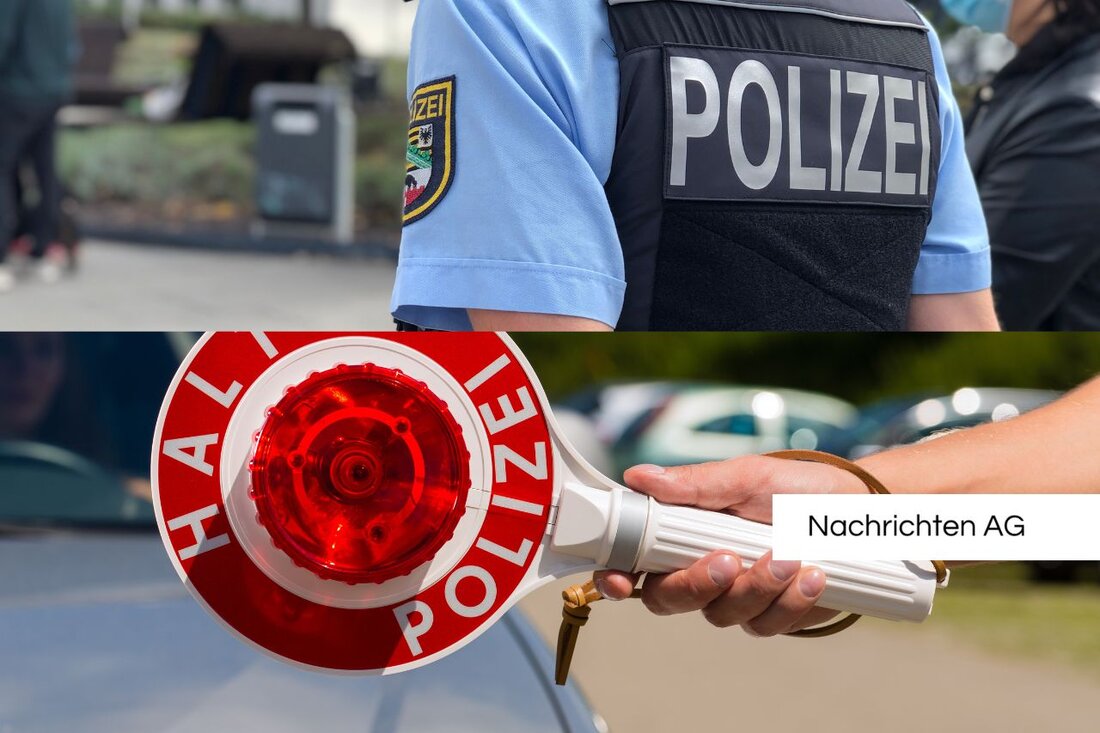New camera surveillance from 2026: there is a risk of a fine of up to 2,180 euros!
Transport Minister Reichhardt announces new camera surveillance in Austria, valid from May 2026. Fines of up to 2,180 euros.

New camera surveillance from 2026: there is a risk of a fine of up to 2,180 euros!
Transport Minister Andreas Reichhardt announced a comprehensive reform in the area of traffic safety in October 2025. From May 2026, a new camera access control system will be introduced in Austria, which is aimed at automatically monitoring entrances and access roads to urban areas. This system will particularly affect commuters and tourists who enter monitored zones without permission.
The new cameras are designed to capture the license plate numbers of all vehicles entering these zones. Violations of access authorizations can result in fines of up to 2,180 euros. The General Data Protection Regulation (GDPR) is also taken into account, as personal data is not stored. Surveillance areas should be clearly marked, particularly in inner cities, residential areas and school environments.
Technical details about the camera system
The use of cameras in such surveillance systems is based on a device that records images on light-sensitive surfaces. Such a system consists of several essential components, including a light-tight box, a recording medium, light control and a lens that focuses the light from the subject. The development of the camera has a long history, dating back to the camera obscura in the 19th century, used by pioneers such as Joseph-Nicéphore Niépce and Louis-Jacques-Mandé Daguerre to capture long-term images. Over the years, the technology and applications of the cameras have been further refined and diversified, so that they can now be used for a wide variety of purposes, such as traffic surveillance reports Britannica.
The new system in Austria will also carry out an automatic comparison of access rights, with special exceptions for residents, delivery services and public vehicles. Foreign license plates are also recorded, but the comparison is done manually as there are no uniform EU data interfaces.
Long-term goals and legal basis
In the long term, the Austrian government plans to implement a common European data platform from 2027 that will enable real-time access to national registration registers. This could further increase the efficiency of monitoring. The introduction of the new system is based on EU Directive 2015/413, which regulates the exchange of information in traffic offenses.
Several cities, including Vienna, Linz, Graz and St. Pölten, have already expressed interest in this new form of access management. In conjunction with these initiatives, road safety will be further increased, benefiting both drivers and residents.
These measures are part of a comprehensive transport policy that aims to make urban areas safer and more livable. The challenge will be to find the right balance between surveillance and data protection while improving the traffic situation in cities.

 Suche
Suche
 Mein Konto
Mein Konto
